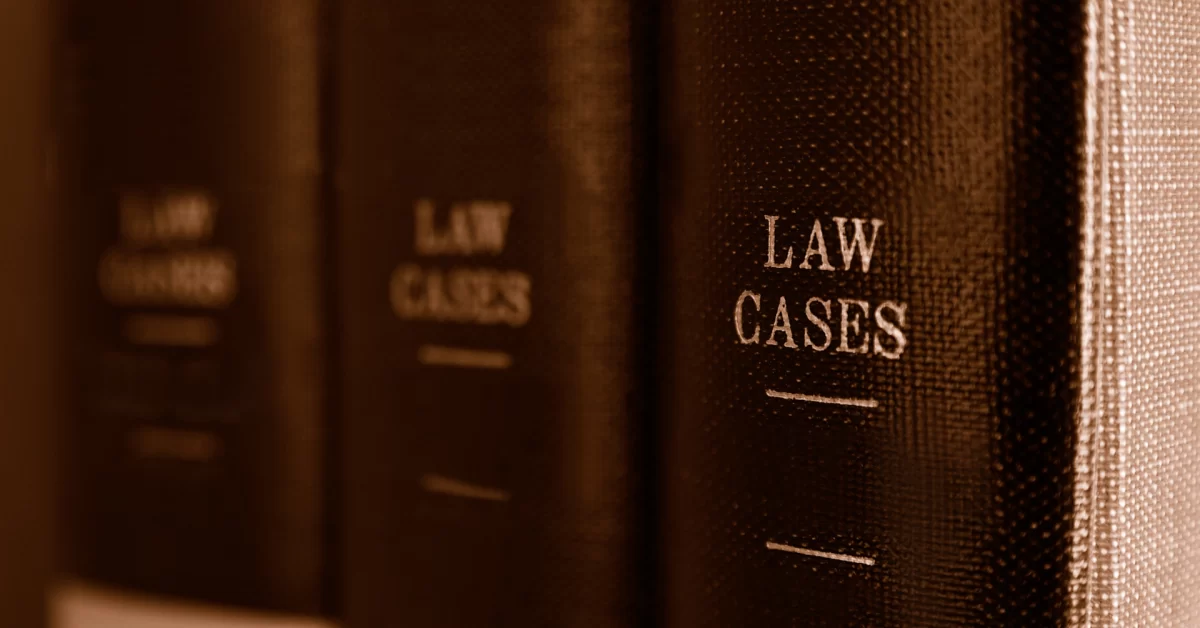
Nurse Alters Morphine Record, Patient Dies: CNO Orders Permanent Resignation
A Profound Breach of Trust in End-of-Life Care In CNO v. Lindsey Coyle, the Discipline Committee of the College of Nurses of Ontario addressed one

The Plaintiffs in two separate medical negligence actions requested that the defendants produce certain documents that they generated for use in quality of care review processes at the defendant hospitals.
Quality review is the inspection and evaluation of health care structures, practices or results, conducted or guided by professionals. These can often be initiated as a result of a reported bad clinical outcome.
At the discovery phase, the defendants refused to produce the quality review documents claiming they were irrelevant and also because they met the four-part Wigmore test to establish a case-by-case evidentiary privilege.
In reviewing the specific documents that the medical defendants were refusing to produce, the appeals judge found that they were in whole or in part relevant to the matters in dispute. These documents included the following:
Despite finding these documents relevant to the medical malpractice litigation at hand, the appeals judge confirmed that common law privilege applied and therefore production must be denied. The appeals judge observed that Ontario courts have repeatedly recognized the importance of protecting quality assurance communications at common law.
The four conditions necessary to establish common law privilege were first articulated by Wigmore and subsequently adopted by the Supreme Court of Canada are:
In applying this legal test to the documents in dispute, the appeals judge found that they were protected by common law privilege.
Decision Date: April 17, 2023
Jurisdiction: Ontario Superior Court of Justice
Citation: Algarawi v. Berger; and Porter v. Sutandar, 2023 ONSC 2339 (CanLII)

A Profound Breach of Trust in End-of-Life Care In CNO v. Lindsey Coyle, the Discipline Committee of the College of Nurses of Ontario addressed one

What College of Physicians and Surgeons of Ontario v. Thirlwell, 2026 ONPSDT 5 Means for Patients and Public Trust In College of Physicians and Surgeons